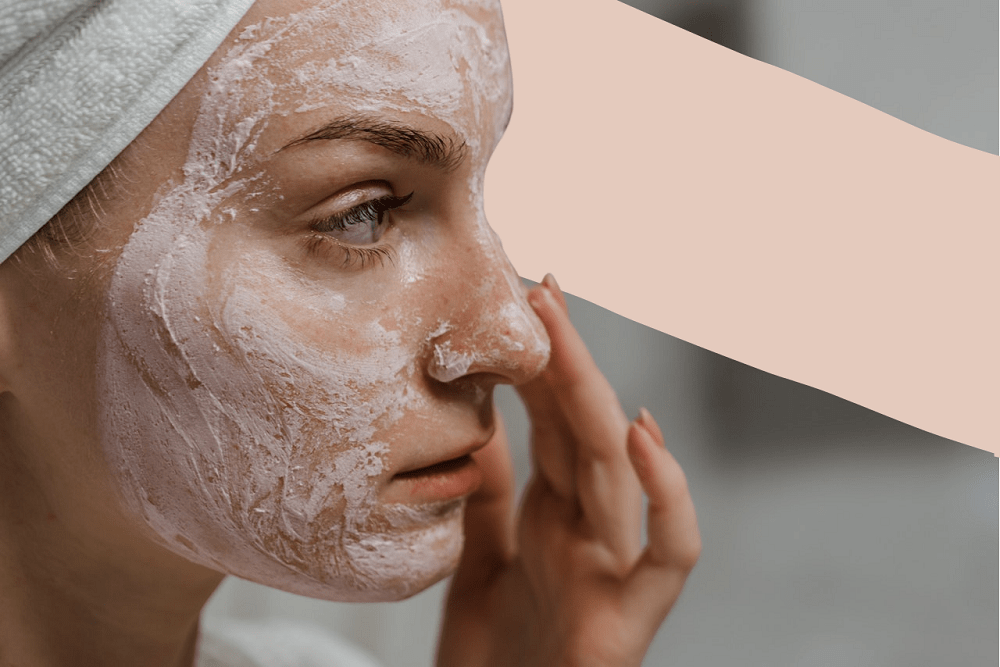Rhinophyma is a genetic skin condition of the nose, associated with Rosacea. Commonly referred to as ‘cauliflower nose’, this condition is characterised by visibly swollen and enlarged pores in an irregular shape along with a textured phenotype.
As treatment for Rhinophyma cannot reverse its genetic origin, individuals should remain mindful of potential triggers such as alcohol consumption, stress, and prolonged exposure to heat to avoid developing this condition.
If you believe that you may be experiencing any symptoms of Rhinophyma, it is essential to consult your dermatologist for professional medical treatment and advice – not only for the treatment of physical cosmetic blemishes caused by this condition but also far-reaching emotional impacts on one’s wellbeing as well.
How To Prevent Rhinophyma?
Rhinophyma can be a difficult condition to manage, with no known prevention method.
However, taking certain precautions may help limit flare-ups and the intensity of symptoms, particularly avoiding potential rosacea triggers such as hot foods and drinks, spicy foods, alcohol, caffeine, exposure to extreme temperatures and stress.
Furthermore, regular skin care measures are highly recommended, such as using sunscreens with SPF 15 or higher to protect from damaging UVA/UVB rays and moisturisers that suit sensitive or hypoallergenic skin.
For any additional eye related issues caused by rosacea, artificial eye care is always advised. Altogether this helps create a healthier lifestyle and potentially reduce aggravating factors for those with rhinophyma.

Treatment Of Rhinophyma
Treatment for Rhinophyma may require patience, as it primarily focuses on addressing the underlying rosacea symptoms.
Oral Isotretinoin is frequently the first line of action, as it is often more effective when used early in the condition’s development.
To prevent any further disfigurement from taking place, other longer-term medications could be necessary for severe cases – in combination with regular dermabrasion.
Antibiotics like Metronidazole, Tetracycline and Erythromycin are oftentimes prescribed to reduce redness and inflammation around the affected area; while a moisturiser should be applied to keep skin from drying out.
Therefore, prompt intervention and taking care of your skin may help relieve some of this condition’s uncomfortable symptoms while also preventing further spreading or worsening of your rhinophyma.

The Bottom Line
Rhinophyma is a skin condition that affects the nose and can have far-reaching emotional impacts on one’s wellbeing. While there is no known prevention method, there are ways to manage and limit flare-ups and symptoms.
Avoiding potential triggers such as alcohol consumption, stress, and exposure to extreme temperatures can help, as can regular skincare measures like using sunscreen and moisturiser. Treating Rhinophyma primarily focuses on addressing the underlying rosacea symptoms, with oral Isotretinoin and antibiotics often prescribed.
Prompt intervention and taking care of your skin may help relieve uncomfortable symptoms and prevent further spreading or worsening of your rhinophyma.
*This article is not intended to replace medical advice, diagnosis or treatment given by a qualified health professional. Instead, this article only provides information, not advice. For any medical enquiries, always consult your GP first*





